
Those who know me have heard me complain before about how romance - particularly romance between a male and female - seems to be a nearly mandatory ingredient for a happy ending as far as some writers are concerned.
The couple doesn't have to fit well. They don't need to have known each other long, or to have interacted with a way that justifies the swift development of their bond.
They just have to be male, female, and prominent figures in the same story, and there's an excessively high chance that they'll end up together, even if the story doesn't justify it.
Now, don't get me wrong. I have no problem with romance in a story if it's written well.
It's the "if they're male and female, they MUST get together regardless of compatibility, whether or not the romantic subplot is even remotely relevant or necessary, as an obligatory part of a happy ending" thing that bugs me.
This trope seems to be part of a larger societal trend.
Romance is treated as necessary.
Relationships are expected to develop quickly.
And people place so much emphasis on one kind of love that they devalue the others.
How many times have you heard people bemoaning the existence of the dreaded "friendzone"? Yes, being in unrequited love sucks, but comparing an offer of friendship to an offer of a dead dog is pretty gross.
I won't name the characters to protect you from spoilers, but suffice it to say, one of them had gone to extreme lengths to ensure another's happiness, and it triggered a debate about whether or not the character in question had romantic feelings for the girl she was protecting.
Some of the commenters made a good point: "If the characters were opposite sexes, a lot of people in our heteronormative society would assume that the protector's feelings were romantic."
I certainly couldn't argue with that.
At the same time, I couldn't help but wonder how much the truth of that statement depended not just on heteronormativity, but on the mindset I mentioned above: that romance is assumed to be the default outcome of close relationships, to the point of devaluing non-romantic bonds.
Some of the commenters scoffed at the idea that a bond so powerful could be anything but romantic. But what does that say to or about asexual and aromantic people?
Does that mean people who can't feel romantic or sexual attraction can't be just as devoted and passionate as people who can?
What about family members? Comrades in arms? Close friends? Nakama?
Can NO other bond besides romance drive a person to go to whatever lengths are necessary to protect a person they love?
That seems to be the assumption.
That's why I found the relationship in Maleficent so refreshing.
The princess is comatose. They've brought in the prince. The three fairies pressure the young man, who has met the princess all of one time, to revive her with true love's kiss.
And, to my great relief... it didn't work.
That's not to say that love at first sight doesn't exist, or that unconditional love for all people regardless of how well you know them wouldn't have been an acceptable explanation for the kiss working. And I certainly don't have a problem with the idea of Aurora and Phillip getting to know each other at a more reasonable pace afterward.
But the expectation that romantic love will blossom after the very first meeting, JUST because they're a male and female of attractive appearance and approximately equal age, is a tired and inaccurate trope that I was happy to see subverted.
And then, to my even greater joy, when Maleficent kissed Aurora on the forehead, the dormant girl stirred.
Now there's a fictional kiss I can cheer for. Because nonsexual friendship and platonic love are just as valid and valuable as romance, and it's high time that more stories - and people in real life - acknowledged that.
Do you think romance has been made too obligatory, at the expense of good storytelling and non-romantic relationships?
Do you have any thoughts to add, or did you notice something I missed?
I'd love to see your thoughts in the comments!
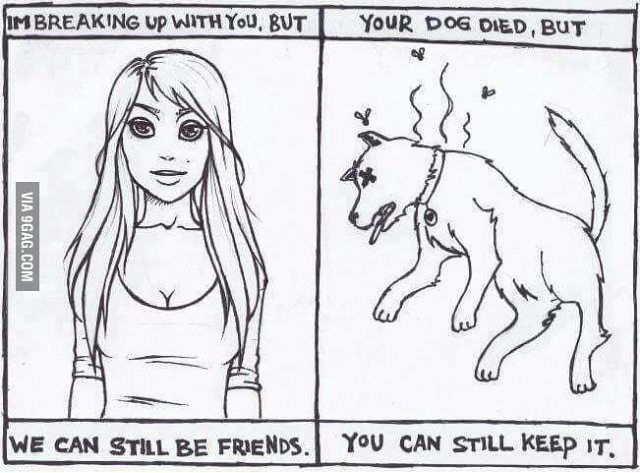



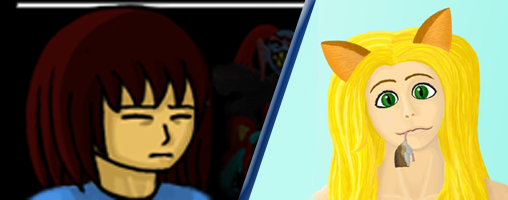

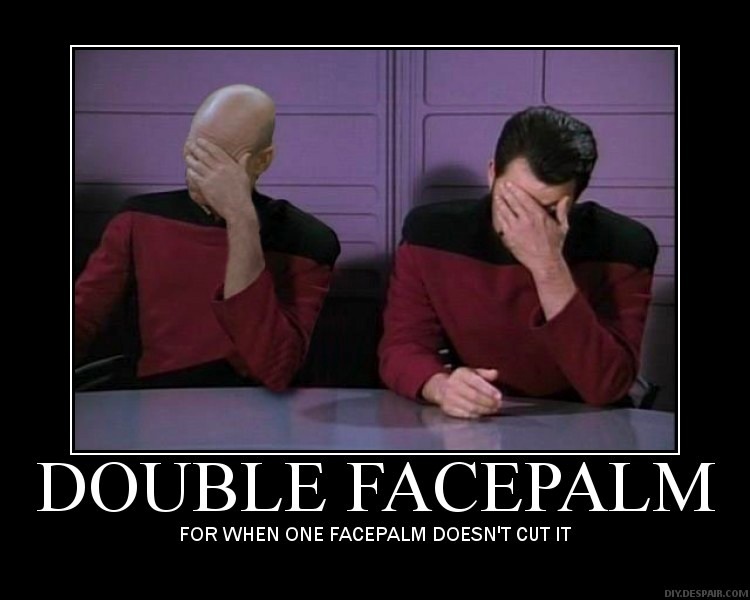


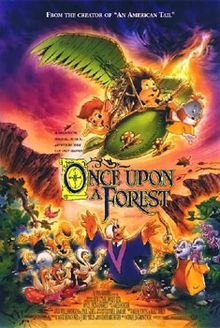

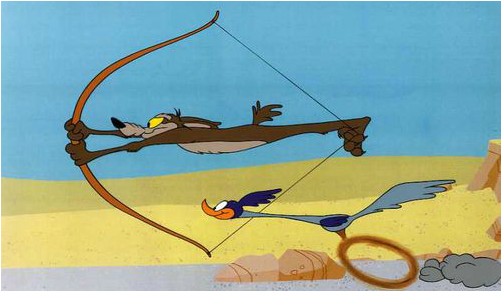
 RSS Feed
RSS Feed